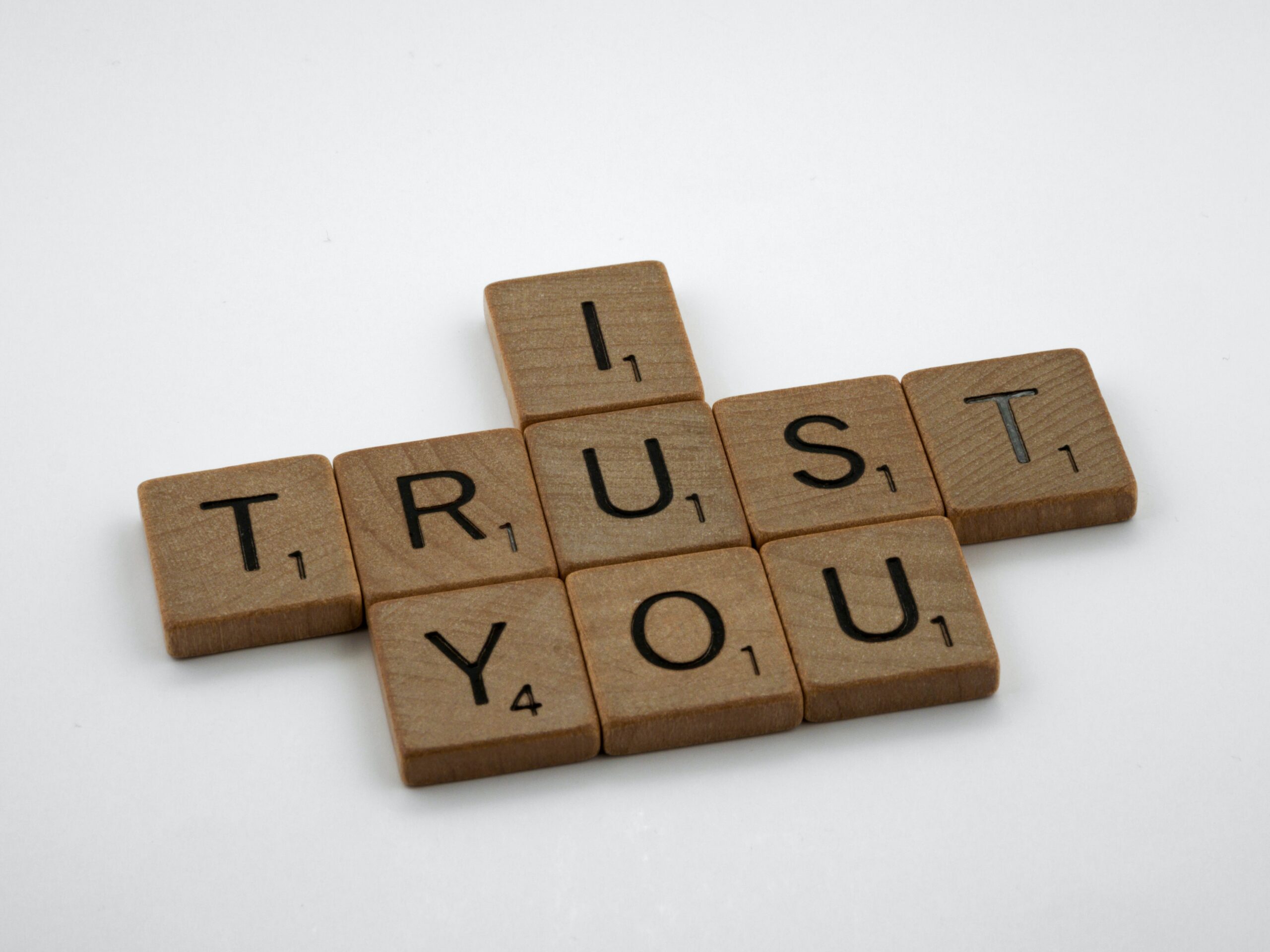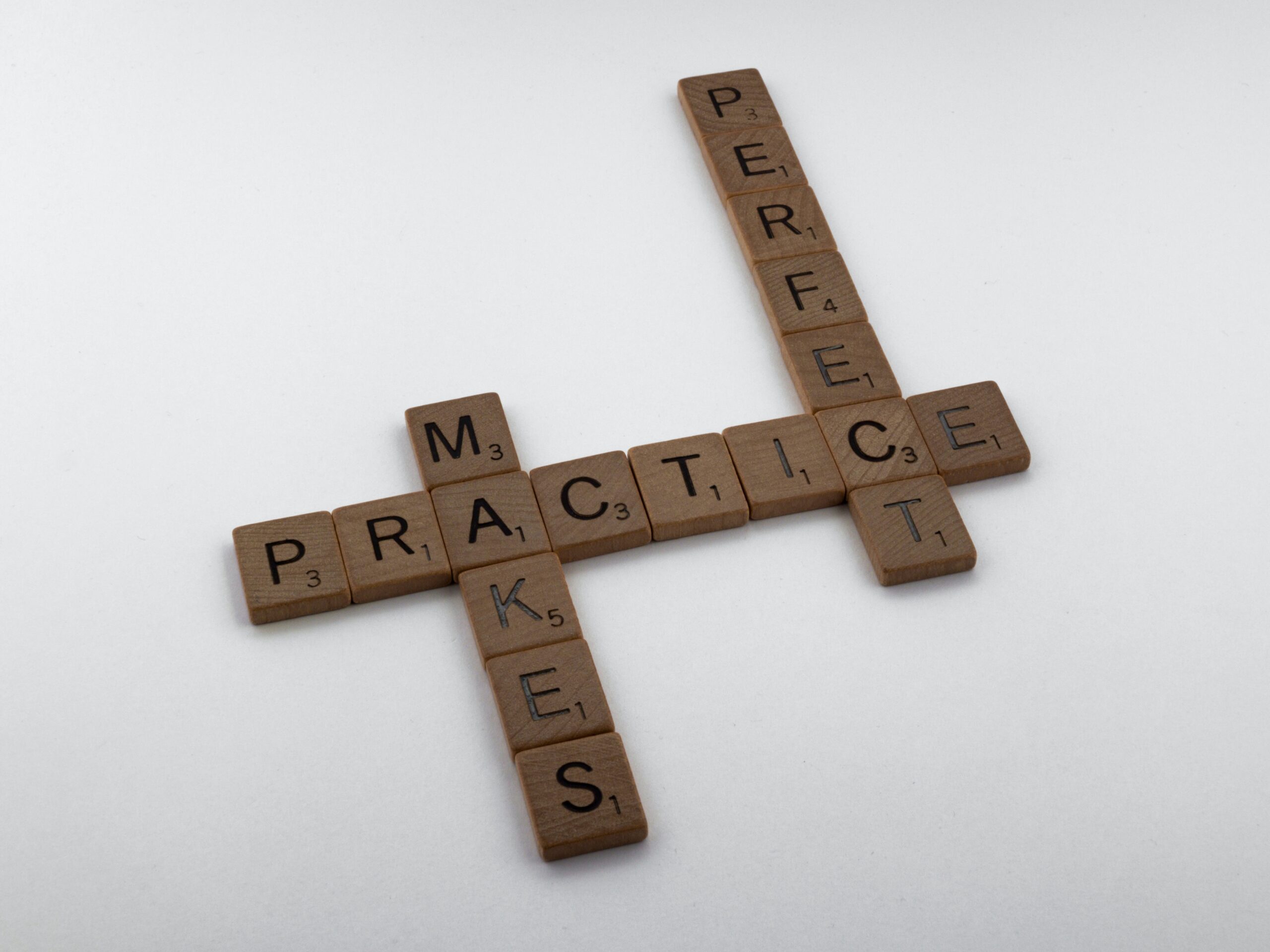
Career Coaching, Emotional Intelligence, Life Direction and Purpose, Motivation, Well Being
Are you comparing yourself to others? Look inward instead.
I look around and see everyone is pursuing these amazing careers and they have great lives. They all seem to know what they’re doing, and they have a purpose. I don’t understand why I can’t get in gear. What’s wrong and missing in me that I can’t figure it out? I hear this a lot as a career coach. And I also recognize it’s hard not to compare yourself to others. When we are caught up in the cult of comparison, we are often caught up in the trance of the inner critic. It’s our brain’s flawed way of trying to motivate ourselves to move into action by using comparison as the carrot to dangle in front of our faces or more aptly the switch to use on our backs. It works up to a point where it stops working as a motivator. We prove and we prove and we prove and then we get tired. And wonder what it was all for. And that is when we find ourselves on the messy path to growth. To wholeness. To uncovering our true value. When I first started out as a coach, my confidence was lower. I was trying something new; I was worried about whether I would be a success and I spent a lot of time and energy ruminating about what I was doing in relation to other coaches. I’d see their fancy LinkedIn posts of workshops they were running, filled with pictures of smiling participants, complete with slick materials bearing perfectly polished logos and I’d feel woefully inadequate. I’d use it as fodder to beat myself up with. I’d start to spring into action to post something, to plan something, in a desperate desire to compete, to put my own words out there too. And then I’d be riddled with thoughts about how my idea wasn’t as good. It would never work. And I’d abandon the idea to the graveyard we each have in our heads. Following your true north isn’t easy The inner critic comparison attack still happens from time to time for me, and chances it does for you too. But it looks a little different now. Recently I’ve turned down a few opportunities that have come my way, because I’ve sensed they weren’t the right path for me and didn’t resonate with my values. Perhaps they would have been right for a different coach, or if I had a different idea or vision for my business. And it was extremely hard to do because I knew deep down my inner critic wasn’t going to like it. I was afraid of the fire that I knew saying no would brew. Now Gertie (my inner critic) is telling me I was crazy to walk away from the revenue. Telling me I am woefully inadequate compared to the coaches that took that path and look how successful they are. And it’s getting in the way of progressing a couple of initiatives I want to kick off, which was
July 6, 2023
|
5 min read

Communication, Productivity, Well Being
What messages about your availability are you inadvertently sending? Part 1 – Email -How to set boundaries at work
I’ve decided to write a multi-part blog on a topic that is so important, it warrants a little extra attention. I was talking about how to set boundaries yesterday with a client, a freelancer who is working on growing her business, and struggles to optimize her time effectively. I think many of us fall into this bucket. I mean, who really does have perfect time management skills? But all the fancy apps and time management tricks mean nothing if we don’t challenge the limited beliefs that are guiding the everyday choices we make. Our beliefs about availability drive our behaviors I’ll give you an example. My IT guy, James (who is awesome by the way) has a way of working with clients, which he communicates clearly. I know in an emergency I am to call him immediately. A real emergency, not a fake Shelley kind of emergency like “could we change the color of the banner on my website – it looks too blue?” James knows me all too well… So far, I’ve only had to do this once, when my site domain got hijacked and my website got pulled down – a real thing by the way, and now I’ve learned all about the importance of 2-factor authentication. But I digress… Otherwise, if there is something non-emergency related I need I am to email him. James checks his email twice a day, once in the morning and once in the late afternoon. And aims to respond to client requests within 1-2 working days. If something is going to take longer than that, he gets back to me with a time estimate of when he can most likely complete the task. It’s a clearly communicated policy of how he deals with email and client requests. It’s so simple, it’s so brilliant, it’s so effective, and yet, most of us do the complete opposite. Why? Because deep down there’s often a dark, hidden, limited belief lurking in the shadows that says something like – “You have to be available all the time.” Or “If you’re not available, people won’t be able to trust you and rely on you.” Or “You have to be available 100% of the time for your clients or your business will fail.” Sound familiar? The people pleasing poison These beliefs are rooted in what I call one of the three poisons – or reactive tendencies that end up creating a lot of problems in our life and leadership. This particular poison is the one of the people pleaser – My self-worth is related to how much people like me. And we human beings are super inept at sitting with the discomfort of feeling like we are not liked. Notice I say “feeling” because often this is our perception, and perception does not equate to reality. Healthy people respect and honor appropriate and properly communicated boundaries. And because we’re not conscious these fears are lurking in the background, then we do stupid things like have the email notification
June 30, 2023
|
4.3 min read

Leadership, Mindfulness, Relationships
How Trustworthy is Your Leadership?
In a class on leadership I was facilitating last week, we ended up talking a lot about trust. A worthwhile endeavor for sure. I recall years ago when I read Stephen Covey’s book, The Speed of Trust, which highlighted how building an effective foundation of trust enables work to happen much more quickly, efficiently and effortlessly than it ever would if trust was lacking. A low trust environment can lead to burnout When we think about the relationships in our life – personal or professional, we often evaluate them based on whether we think we can trust the person. “I don’t trust him as far as I can throw him.” This is especially important if you’ve ever worked for a leader you didn’t think you could trust. My virtual office is often full of career and leadership coaching clients experiencing burn out due to prolonged exposure to an untrustworthy leader or team environment. And it takes me back to times in my career where I felt like I was walking on pins and needles all the time, lest I upset the apple cart. It takes a toll. Especially on our bodies, as we often find ourselves in a state of hyper alert all of the time. The fight or flight response is constantly triggered, stress hormones like cortisol are constantly pulsing through our bodies, and at some point we finally crash and burn. A simple equation for building trust Folks often pontificate about the importance of building trust, but few get into the nitty gritty of how you do it. And it’s more than just being knowledgeable in a certain skill or topic area. Competency and credibility are important, but it isn’t the whole equation. And there is an equation for trust by the way. I ran across this simple trust equation years ago, and here it is: C + R + I _______ S.O. The trust equation explained C stands for Credibility. Or in other words, “I can trust what she says about x…”. Do you know your stuff? Have you built the technical skills and competencies for the task at hand? Do you have the necessary leadership skills and competencies to guide your team, things like giving feedback? Setting a vision? Delegation? Holding others accountable? R stands for Reliability. Or in other words, “I can trust she will follow through.” What’s your level of integrity when it comes to follow through currently? Do you make promises you have no intention of keeping? Or perhaps you have every intention but you find yourself saying yes to every request that crosses your path. You overpromise and underdeliver. Good intentions are wonderful but will ultimately snooker you if you can’t come up with the follow through. I stands for Intimacy. Or in other words, “I can trust I can come to them with my concerns and problems.” To what extent are you an approachable leader? Do others seek you out for your counsel and your advice? How effective are you at
June 20, 2023
|
5.4 min read

Leadership
Know your worth if you want to master your leadership
Every once in a while, I ask a client a very interesting question – “What gives you your sense of self-worth?” I’m often met with a blank stare. What usually prompts me to ask that question in the first place, is the coaching client is struggling with one of what I call the 3 reactive traps. These are the places we go to when our sense of identity or worth is threatened, our amygdala gets hijacked, and we feel we are under attack. The Three Reactive Traps Approval – I define my self-worth based on whether people like me and approve of me. I aim to please and will turn myself into a chameleon. Whatever I think the other person wants and needs I’ll be! Boundaries, what are they? It’s more important that I do whatever it takes to win someone over. Recognition and appreciation – it’s more than a nice to have, it’s a must. It’s my drug. It’s only then that I’m safe. Conflict is scary and I’ll do anything it takes to avoid it. Conflict is for difficult people. I’m a people person. I’m flexible. Other people do conflict. I do what it takes to make it work. Knowledge – I define my self-worth based on my smarts. I’ve got the answer – so you’re better off listening to me. If you don’t, I’ll tell you defensively or with an air of arrogance why you are wrong. You’re criticizing my work? No way! How dare you! It’s not my fault, someone else is to blame. Or apathy is the name of the game when I’m feeling challenged or ignored — I just can’t be bothered, you didn’t listen to my advice, so I’ll stay away and disengage. The project is doomed anyway, and I don’t want any part of it. The less I’m associated with this crappy piece of work, the better off I am. You made a mistake? I’ll be the first one to point it out and only highlight only the negatives. If someone receives the feedback badly? Who cares? Most people just aren’t that good at their jobs and they can’t take criticism. Accomplishments – I define my self-worth based on my achievements. I’m out to prove that perfectionism isn’t an illusion, and I will get there or die trying (and take the entire team down with me in the process). If the proverbial ‘you know what’ hits the fan, no problem, I’ll just do all the work. And if I think about it, it’s easier if I do, because then I know it will be done right. You have an idea on what would work best? Forget it – we don’t have the time and it’s better if you just do what I say. Celebrating success – what’s that? It’s on to the next thing! There’s always something next to do and we can’t drop our pace. It’s about getting ahead. I need to get ahead and prove how successful I am. The
May 26, 2023
|
6.5 min read

Career Coaching, Leadership
Sorry, there is no perfect career. You still have to do your inner work.
There’s a common misconception floating around currently where passion and purpose is concerned and the whole decision of career path. “When I find my passion, my job won’t feel like work.” “When I’m following my purpose, I’ll be fearless. I’ll know I’ve found the right career path. The things that used to scare me just won’t anymore.” Don’t get me wrong, tapping into passion and purpose is great. A lot of my career coaching and leadership coaching work is geared at helping folks recognize these things for themselves and connect to them in a meaningful way. But as far as the above statements are concerned – I hate to burst your bubble, but they just aren’t true. I’ll give you an example. I love teaching, I love facilitating. It’s when I’ve had probably the most moments in actual flow – those moments you lose yourself, time passes and you’re not watching the clock. These are magical moments, as you’re completely present, mindful and 100% engaged in what you’re doing. I often suggest coaching clients think about times when they have entered this state as a way of connecting with activities and topics that bring joy. The more you notice a correlation between flow moments and a certain activity, it may be a good career path option to explore. There is no career path that will deliver constant flow But that doesn’t mean shifting your focus to that activity or career path will automatically bring you into an instant state of flow 100% of the time. The human experience is way more complicated than that. I’ve also had a lot of scary moments as a trainer and a facilitator. Difficult participants, difficult clients, difficult colleagues. Logistical challenges where a room hasn’t been ready, the materials failed to show up or a flash flood was suddenly headed my way with a room full of participants and no idea what to do. Add to this my personal favorite – incomplete or incoherent course content that’s only been delivered to me a day or so before a program and I’m expected to pull off a miracle with no time to prepare. Before every delivery I’m a little bit nervous. There are often insecurities that come up – What if I don’t know enough? What if I get asked a question I don’t know the answer to and look stupid in front of participants? What if I can’t handle the challenging dynamics in the room? Things are often coming at a facilitator a million miles a minute. What if I miss something? What if the feedback is negative from the participants and they express it was a waste of their time? What if this team or coachee doesn’t get the outcome they’re looking for? I can’t recall a single delivery where I haven’t felt at least a twinge of anxiety in the run up to a session starting. And yet I do it anyway. Day in and day out, over and over again. I show
May 17, 2023
|
6.2 min read

Career Coaching, Emotional Intelligence, Well Being
Feeling stuck? Learn to recognize the pesky voice of your inner critic.
There’s often a disconnect between what we want and where we find ourselves in this journey called life. Maybe you come up with an idea of something to try or to learn, but you find yourself quickly dismissing it or finding reasons to rationalize why it would never work. We often mistakenly perceive these things as a lack of motivation. “I guess I just didn’t want it enough. But when I find the right thing, I’ll know it because I’ll suddenly be motivated and filled with an intense passion!” Wrong. Motivation doesn’t just fly out of the air when you find the right thing. There is no right thing by the way. Cultivating motivation and passion has a lot more to do with what voices you’re letting speak inside that crazy thing called your head, rather than the specific thing that you’re focused on. In my experience as a coach, folks typically are stuck for one of two reasons. The answer lies in the source of the stuckness, and whether it has to do with an outer block or an inner block. What is an outer block? An outer block is an external constraint or barrier that gets in the way of a person achieving their goal. It’s something that needs to be planned for, managed, and actively worked. Let’s say I’m thinking of making a career transition, and I want to move into finance. Education will obviously be a barrier to me achieving this goal if I know nothing about numbers. So identifying a course or a program to enroll in, using time management skills to plan for this course, budgeting for this course will be key. Outer blocks are relatively straightforward and easy to coach. The problem is that most of us suffer from inner blocks when there is a disconnect from where we currently are to where we want to be, when we feel stuck or are lacking motivation. The sinister world of the inner block and the inner critic In my time as a coach, I’ve never met a client (including myself) who didn’t suffer from inner blocks and the curse of the inner critic. An inner block is a deep-seated belief that who we are and what we are just isn’t good enough and will never be enough. We all have an inner critic. Mine’s name is Gertie. Here she is: Gertie loves to fly around my head at warp speed and bump into things. She squeals with glee as she yells, “You don’t work hard enough Shelley!” Deep down Gertie knows that I’m lazy and I’ll never do what it takes to finish that new initiative or project. That online leadership academy I’ve been thinking about building and piloting – What a silly pipe dream! And then I start thinking to myself, “Well, maybe it wasn’t that important after all. Maybe I just didn’t want it that bad.” Or maybe I do, and I just allowed myself to get derailed because the inner critic
May 8, 2023
|
5.3 min read
Ask Ms. Mindfulness
Shelley Pernot, otherwise known as the Irreverent Guru of Mindfulness, muses on life, leadership and everything in between. Your one stop shop for career tips, leadership tips and daily inspiration!

It was a privilege to work with Shelley as my leadership coach! The process was structured and yet flexible enough to meet needs as they arose. Shelley helped me to grow, learn more about myself, and to really achieve what I set out to accomplish. We worked on planning, navigating a promotion successfully, and so much more! I experienced many successes as a result of working with Shelley, she has great resources, knowledge, and really helps with setting the foundation to this coaching work. She won’t let you down!
Stacy Campos
Regional Coordinator
Having the opportunity to have Shelley as my Leadership Coach could not have come at a better time in my career. I was recently promoted to CFO and was new to the Senior Management Team. Shelley helped me navigate joining the team as well as helped me to determine who I wanted to be as a leader. The Leadership Circle Profile helped our team to discover our blinds spots and to be able to understand each other better. Working with Shelley not only has affected my professional life in a positive way, but also my personal life. She helped me take leaps and has given me the resources to continue this journey of self-improvement. If you’re looking to find more about yourself and how you can be the best version of yourself, I highly recommend working with Shelley.
Kristen Spedale
CFO
I have been working with Shelley for the past 2 years on my leadership development journey. What I thought would be a straight line, I soon learned with Shelley’s guidance, was a winding path with several ups and downs along the way. Shelley supported me as I took a deep dive into my professional and personal history and learned how it affects my approach and my perceptions. She helped me to slow down and recognize certain behaviors and understand that I can pivot in the moment or try again next time. Ultimately, my work with Shelley turned out to be so much more than what I expected. Her approach to coaching was exactly what I needed.
Nicole Naassan
Senior Vice President, Consulting
I’ve learned more about leadership in the past six months working with Shelley than I have in my 10+ year career. She is an incredible coach with many tools in her toolbox. The guidance and mentorship I’ve received from Shelley has been life-changing. She will challenge your limiting beliefs and inspire new ways of thinking.
Margaret Soltis
Creative Director
I highly recommend Shelley if you need a coach, thought partner, and guide as you consider the next steps in your career. She provides practical tools and advice to help launch your career exploration, but most importantly, she is an expert at helping you cut through the noise of your limiting beliefs. At the end of our time together, I had a much clearer vision of what I wanted in my life and a plan to make it happen. My only regret is that I didn’t find her sooner!
Elizabeth Magnus
My career coaching sessions with Shelley have brought me back to living. It’s been contagious, spreading throughout my personal and professional life. I now have the building blocks I need to continue setting healthy boundaries, the freedom to show up as my authentic self, and an adaption of a growth mindset that has allowed me to make bold decisions and try new things. I’ve discovered that there’s always another way and how to eradicate barriers that lead to tunnel vision. These sessions with Shelley have been a great gift and have given me the momentum I need to continue the journey to be my best self.
Teasha Houston
Art Director
It is amazing to think where I was only 10 months ago when I first started working with Shelley and where I am now. Not only professionally but mentally and emotionally. Shelley helped me navigate out of an unhealthy work environment by challenging me and asking me those tough questions we never seem to ask ourselves. What are the values of a true leader? How do those values align with my own? Shelley challenging me and guiding me through some of those tough questions is what led to my epiphany and me having the courage and confidence to leave an environment that threatened my well-being. She taught me how to become more self-aware and self-compassionate. Reminded me to be kind even when the world would understand if I did otherwise. And the biggest one for me, shutting down that crazy inner voice (we all have it!) and replacing it with being present. Shelley has armed me with tools that I will carry with me for a lifetime. Tools that will help me to continue to grow and learn. Life can be hard but working with someone like Shelley does make it easier. She will help you navigate the good and the bad and you’ll learn so much about yourself in the process.
Michele Feria
Director of Marketing
First of all I would like to say that I would recommend Shelley to anyone needing career guidance. As my counselor Shelley helped me transition my career from bartending to Tech Sales which was a difficult and scary transition for me. From the start Shelley was fantastic. Initially I had no idea of which direction I wanted my career to go, I just knew I wanted it to go somewhere else. Shelley was so kind and patient as she helped me figure this out, and gave me a step by step guide on how to explore my options and make an educated decision. She also helped me assess my skill set which played a large part in directing my energy. I landed a great job within days of my final session with Shelley, and now I’m month 3 I am absolutely loving it and doing very well. It was the perfect job for me and Shelley was the one that got me there. Working with Shelley was one of the best decisions I have ever made, she literally changed my life and I am so much happier for it.
Russell Boxer
Account Executive
